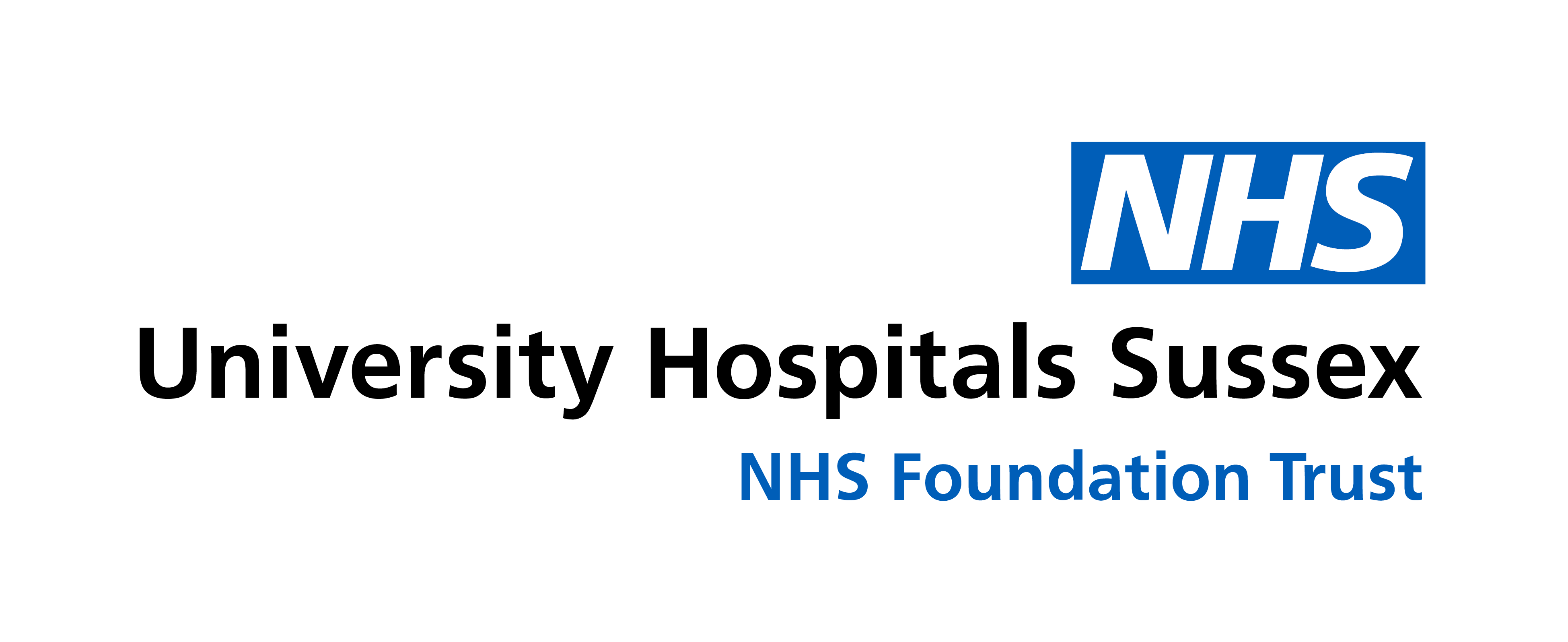Plan S was launched in September 2018 and is a renewed and much bolder initiative to make all publicly funded research open access. The initial deadline for this was 1 January 2020, but has now been extended to 2021.
It calls for:
- all research to be made immediately and completely available on publication, either in a compliant open access journal or an open access platform – no embargoes, no hybrid publishing.
- any publication fees to be paid by the research funder or the author’s university (not by individuals) and for these fees will be standardised across Europe and be capped.
Other key principles of Plan S are that:
- Authors retain copyright of their publications and impose no restrictions (preferably using Creative Commons licences)
- Universities, research organisations and libraries align their policies and strategies
- The funders will establish criteria for Open Access journals and platforms, and provide incentives to establish these were they do not currently exist and the funders will sanction non-compliance.
How do we get ready?
In order to transition to open access, ‘transformative agreements’ need to be in place – a contract between libraries and publishers providing a shift between the traditional subscription model and open access publishing.
We are liaising with Information Power Ltd who have been commissioned by the Wellcome to deliver on Plan S, to identify how we can gain traction with transformative agreements for the NHS.
During their project, Information Power identified a specific challenge that will hinder the ability of some health journals to make a full transition to open access unless it is addressed, that being that journals with a high proportion of authors based in clinical settings (i.e the NHS) will struggle to successfully transition because these authors will not have access to funding for Article Processing Charges, they will not be covered by university transformative agreements, and nor is it a widespread practice for clinicians to share full-text via repositories.
Find out more on our revamped Open Access pages


